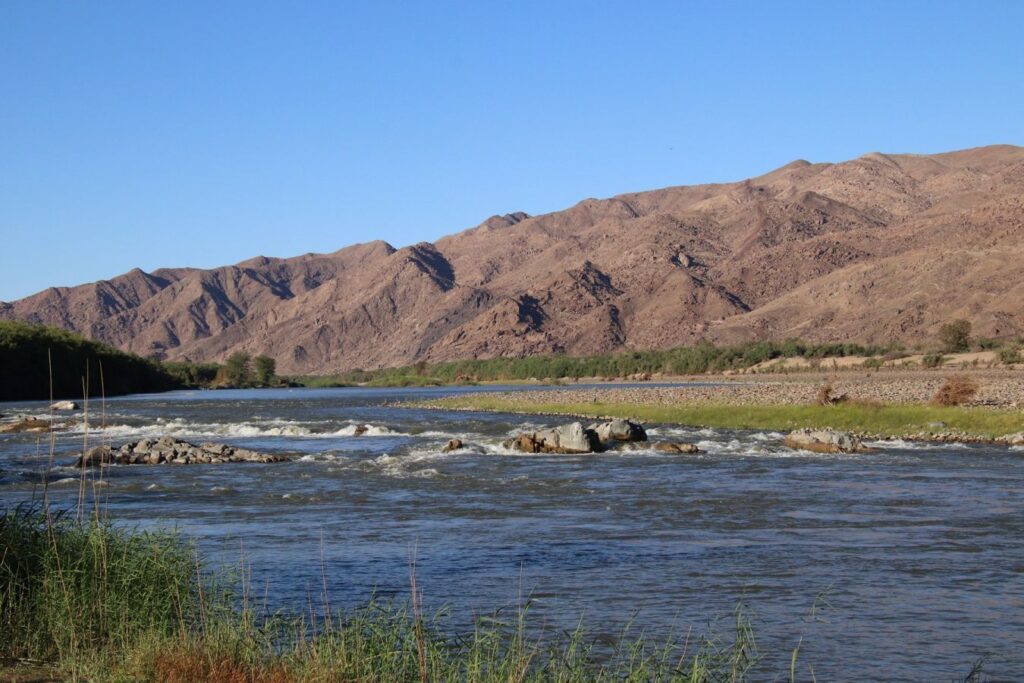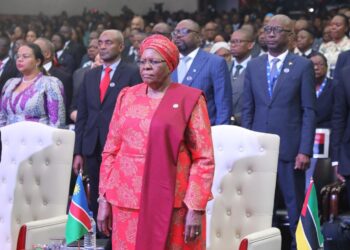
Namibia and South Africa have committed to a joint feasibility study for the construction of the Noordoewer-Vioolsdrift Dam on the Orange River, a project estimated to cost N$4.07 billion (US$231 million).
Minister of Agriculture, Fisheries, Water and Land Reform, Inge Zaamwani, said both countries had agreed to contribute N$44.05 million (US$2.5 million) each towards the study.
“Furthermore, we have committed to carrying out a joint feasibility study on the Noordoewer Vioolsdrift Dam on the Orange River to the tune of 2.5 million USD, to be equally contributed by Namibia and South Africa. The capital costs requirement for the dam construction is about 231 million USD, which we are hoping to attract interest from investors,” she said.
Zaamwani explained that the project formed part of Namibia’s broader strategy to address water scarcity, which remains a challenge in one of the driest countries in sub-Saharan Africa. She noted that government had already allocated N$2.8 billion under the current Medium-Term Expenditure Framework for priority water and sanitation projects.
“These resources are earmarked for large-scale projects that will improve bulk water conveyance, rehabilitation of ageing infrastructure, and to expand sanitation coverage in both rural and urban areas,” she said.
She added that Namibia had also secured around N$4 billion in concessional loans from the African Development Bank and KfW to support large-scale water initiatives.
Public-private partnerships would play a central role, including a planned coastal desalination plant to serve mining operations and coastal towns.
Zaamwani stressed the link between water security and broader development goals, saying the Noordoewer-Vioolsdrift Dam would be critical in ensuring sustainable supply, enabling irrigation and supporting regional socio-economic growth.
“The Government of Namibia has made significant public investments in bulk water supply and sanitation infrastructure, treatment facilities, and distribution networks, recognising this as a core public mandate to ensure that water services remain accessible, affordable, and equitable for all citizens,” she said.











